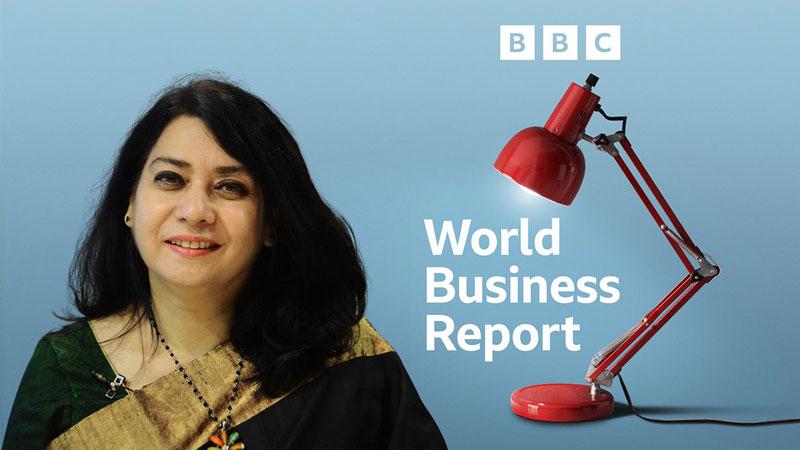Originally posted in BBC on 8 August 2024

In a recent interview with the BBC World Business Report, Dr Fahmida Khatun, Executive Director, Centre for Policy Dialogue (CPD), discussed the current economic challenges of Bangladesh and shared her recommendations for the new interim government.
BBC World Service: Well, Bangladesh has had a wild week. The long-serving prime minister was forced to flee after weeks of protests that left hundreds dead. Now, the country’s most famous economist has been brought in by popular demand as the head of the interim government. Muhammad Yunus, the man who won the Nobel Peace Prize in 2006 for pioneering the ideas of microcredit and microfinance, has now been sworn in, in Dhaka.
He read the oath of office at the ceremony attended by political leaders, generals and diplomats. He swore to uphold support and protect the constitution and perform his duties sincerely. What is he faced with? An economy in crisis. The lack of jobs, which was at the root of the unrest, has paralysed the country. Dr Fahmida Khatun, is the Executive Director at the Centre for Policy Dialogue (CPD), an economic think tank in Bangladesh, was asked about the challenges facing Dr Yunus.
Dr Fahmida Khatun: There are a lot of economic challenges in front of the new interim government. In fact, the macroeconomic stability has weakened over the years and as a result, all the major indicators of the economy, starting from investment, foreign exchange reserves, employment situation, everything, is in a dire situation. A lot of hard work has to be put in to bring the wheels back to work again. Private investment is very low, almost stagnant, about 23 per cent, for the last 10 years or so. The private sector is unable to create adequate jobs. The only jobs available were in the public sector, but even those were being distributed among the loyalists of the political parties in power at the time.
BBC World Service: Despite very low private investment, people have still seen Bangladesh’s economy as one where, particularly in the garment sector, there has been growth. Are there not jobs coming from that?
Dr Fahmida Khatun: The garment sector can only create so many jobs, absorbing about 4 million workers. However, the labour force is much larger. The private sector, which has remained stagnant, cannot generate enough employment. On the other hand, while there has been economic growth—partly due to some government policies—this growth has not been sufficient to create jobs. It has essentially been a jobless growth. Moreover, the benefits of this growth have not been distributed among the people. As a result, income inequality, consumption inequality, and wealth inequality have all been widening over the years. Addressing these challenges is also a major task for the new government.
BBC World Service: Is there any one particular thing or a combination of things that the Yunus government could actually do to turn any of this around?
Dr Fahmida Khatun: Relief and support must be provided to those suffering from high inflation over the past two years. The inflation rate has been nearly 10 per cent, consistently hovering around 9.7 to 9.8 per cent, while wages and salaries have not increased. As a result, those on fixed incomes have experienced significant erosion of their purchasing power. They are relying on their savings and are in dire straits. There are also concerns about the creation of a new poor class due to this inflationary pressure. These issues need to be addressed through the expansion of social protection.
Firstly, this is crucial. Secondly, immediate and medium-term reforms are needed within economic institutions. For example, institutions such as the central bank, the National Board of Revenue (NBR), and the capital market are highly politicised and often run by individuals connected to politics rather than by proper regulatory bodies. There is a nexus among corrupt bureaucrats, politicians, and businessmen, and this model must be dismantled.


